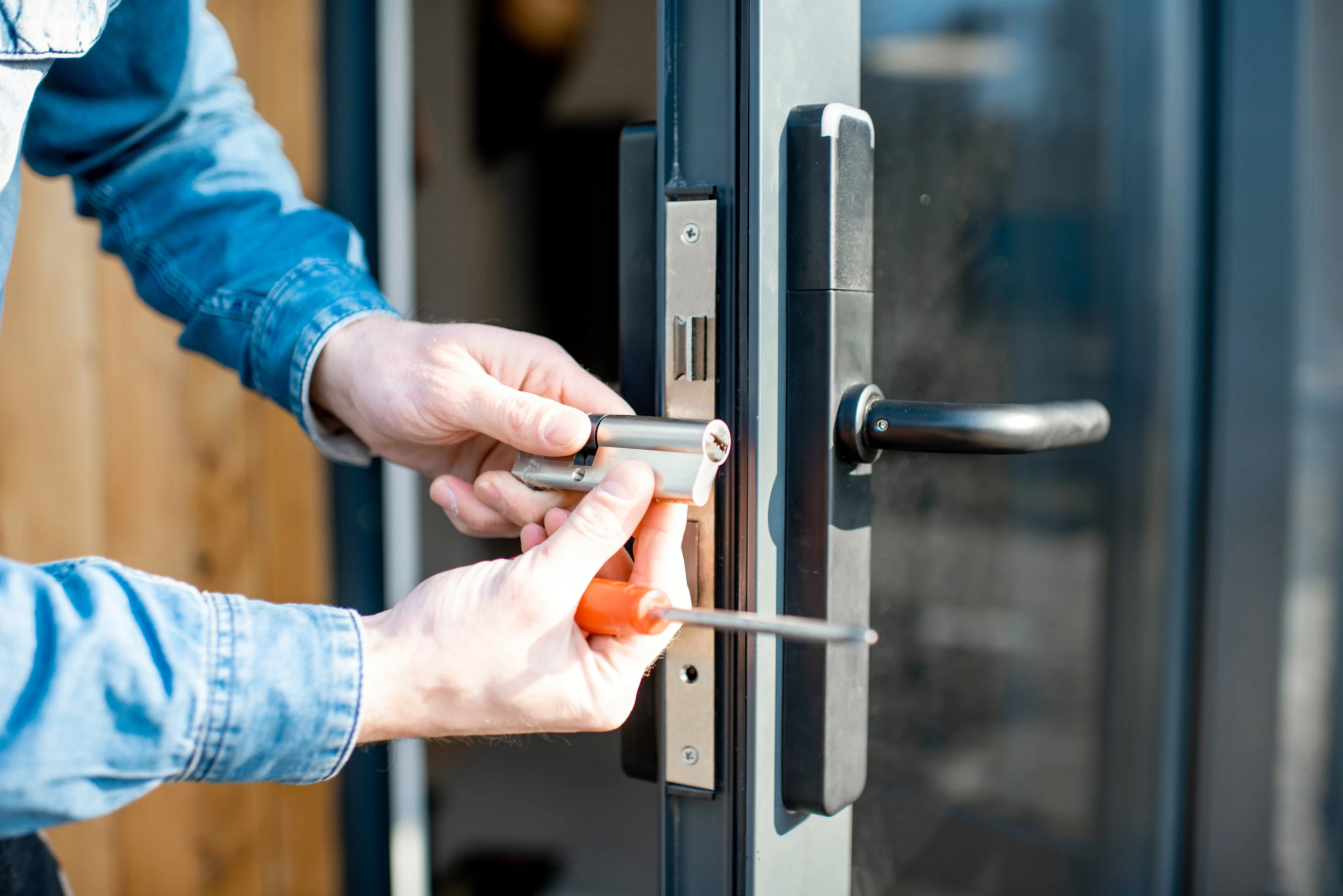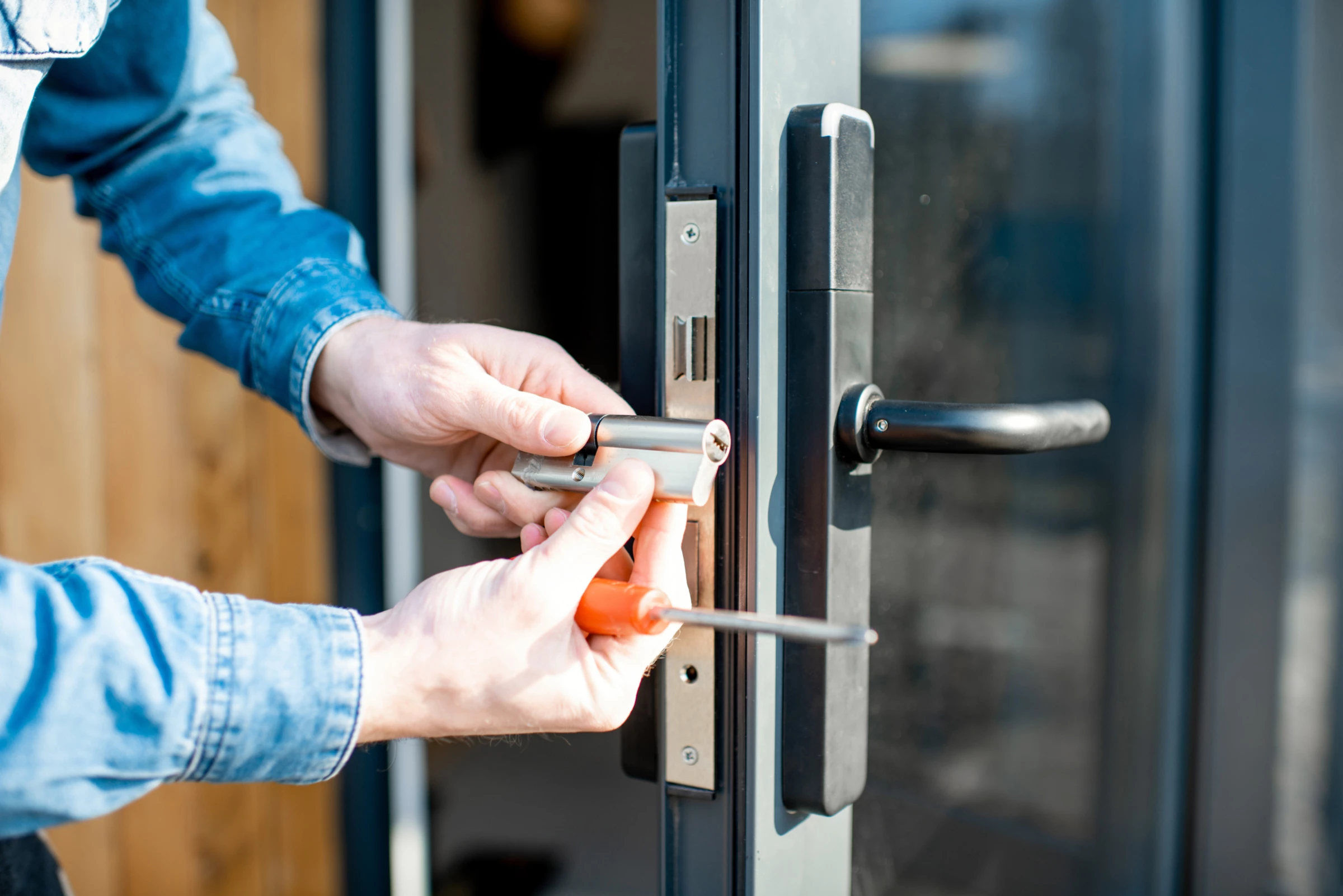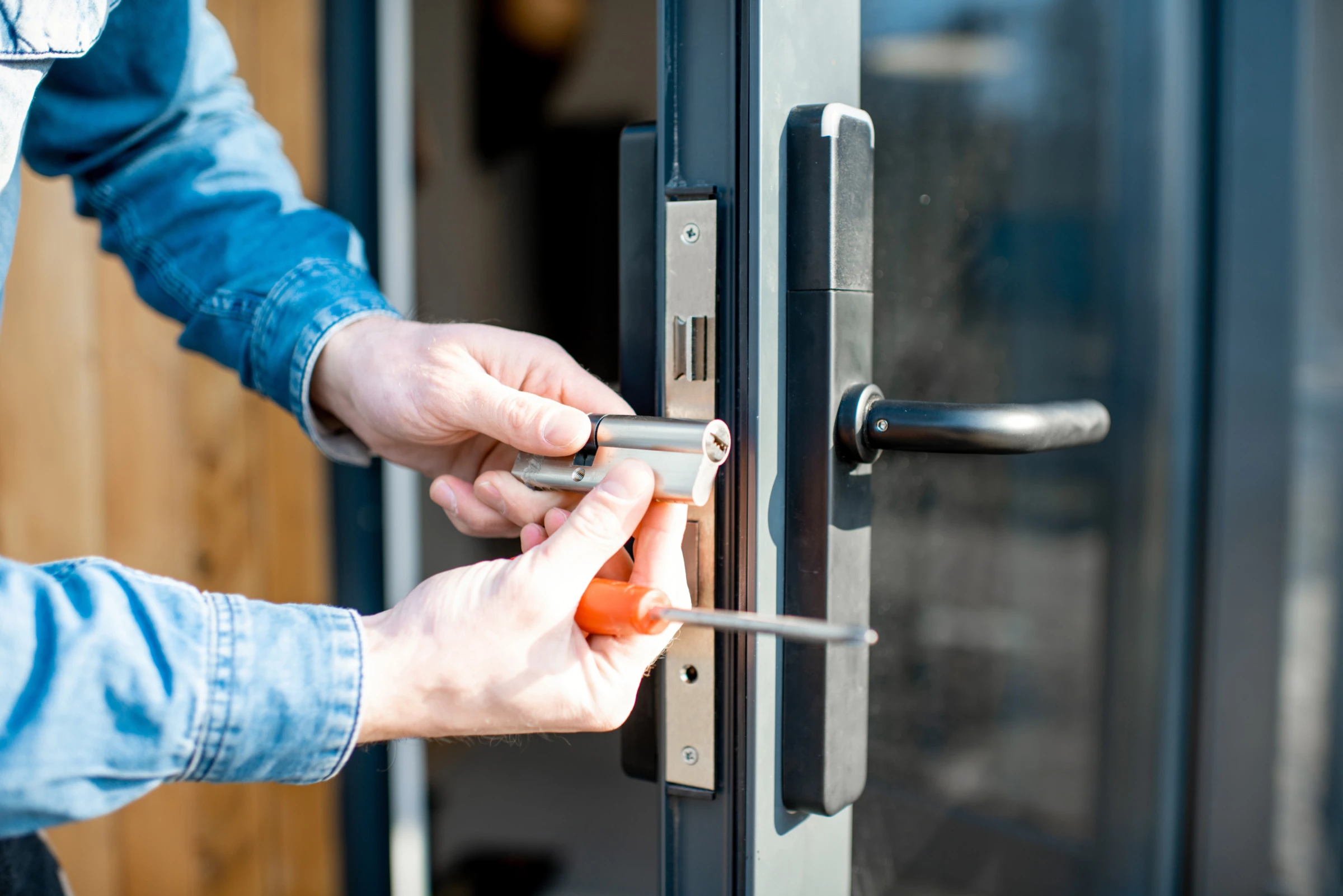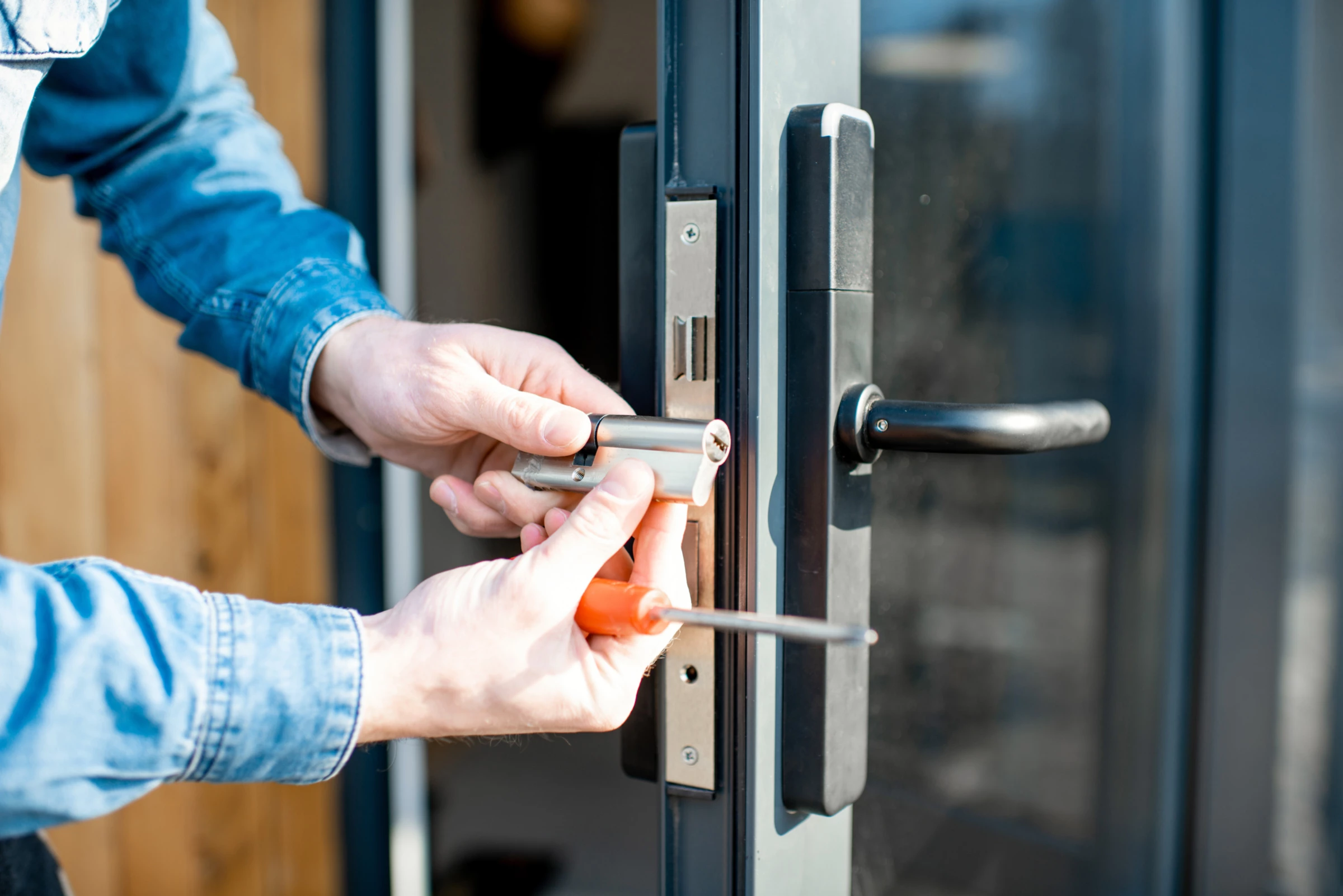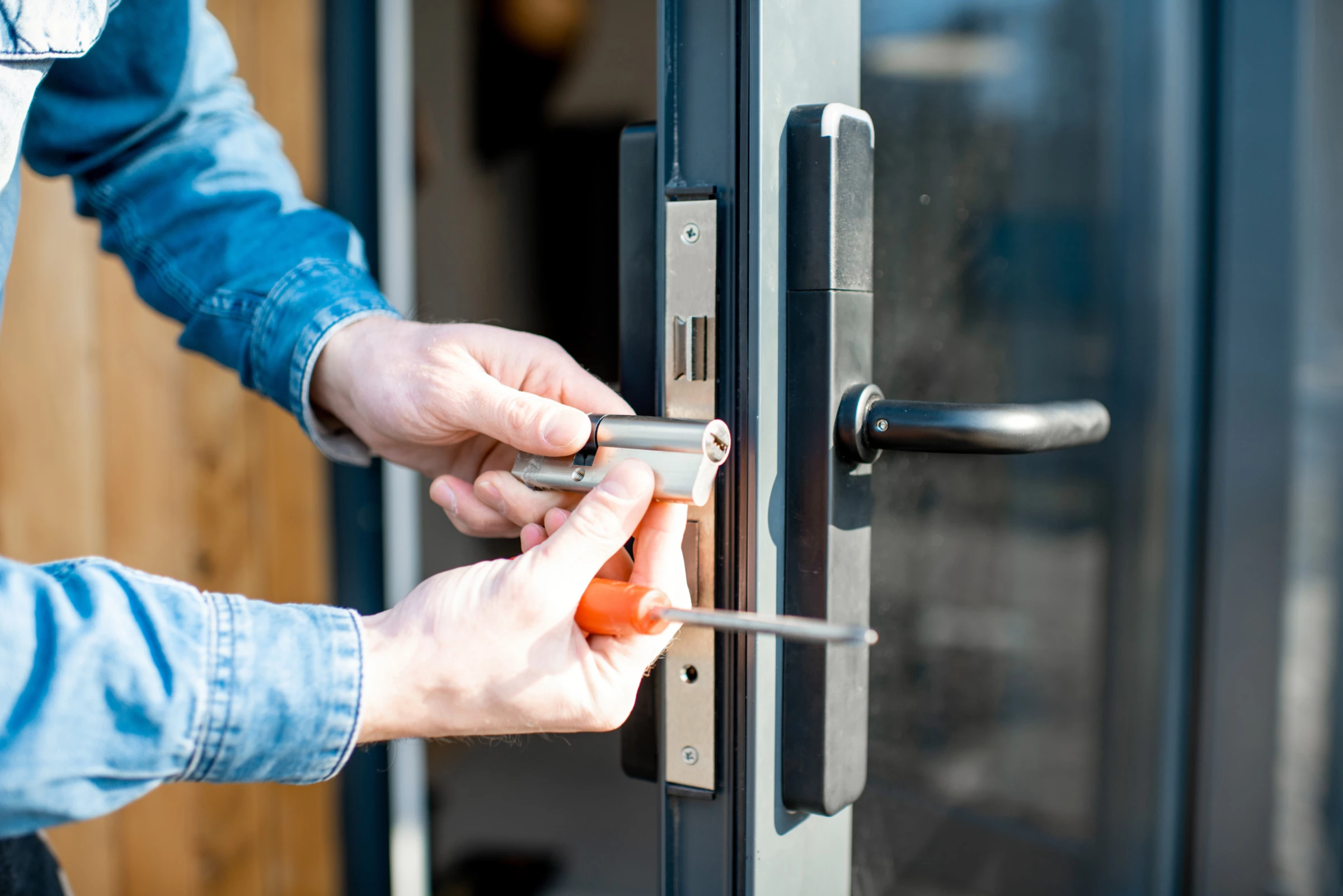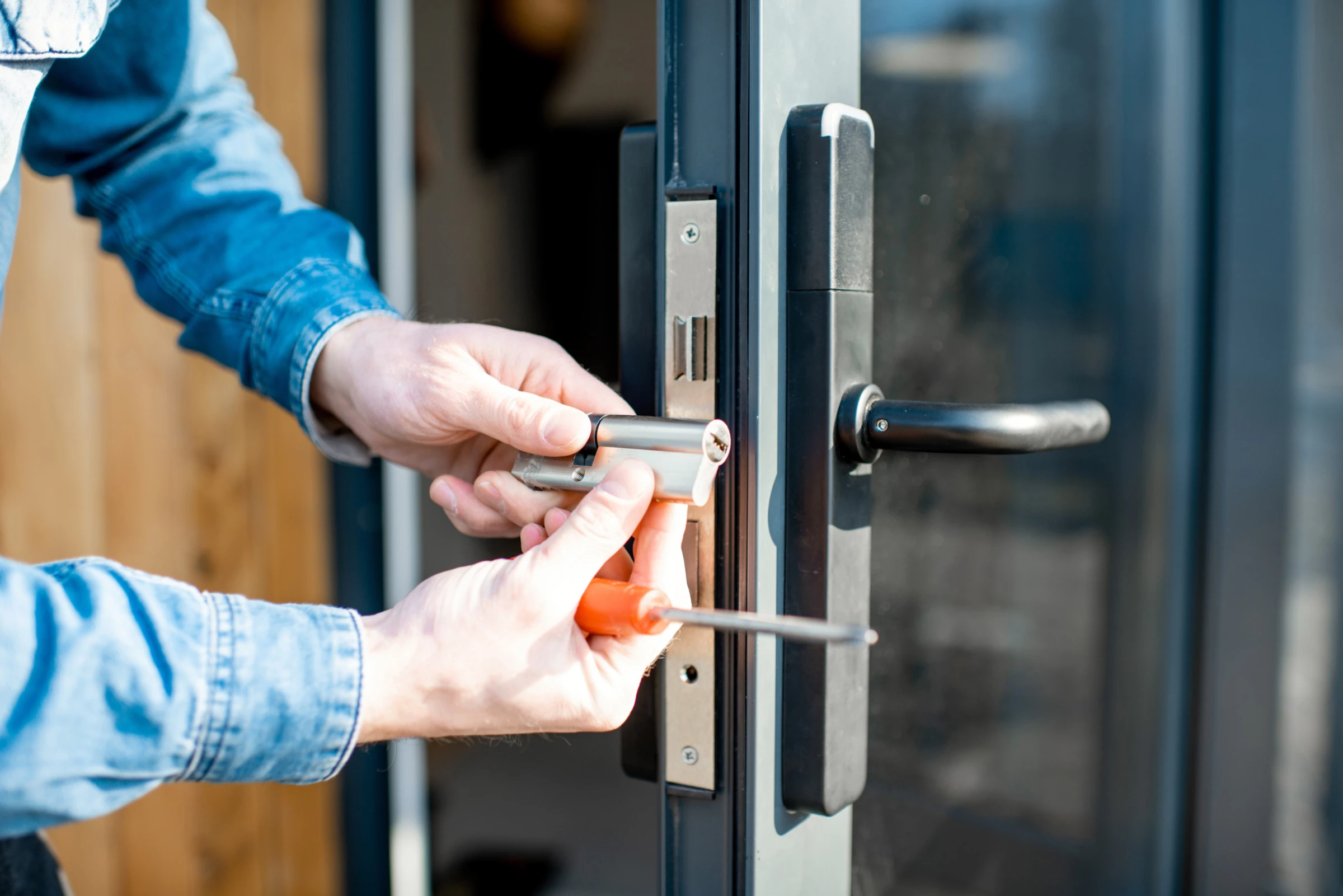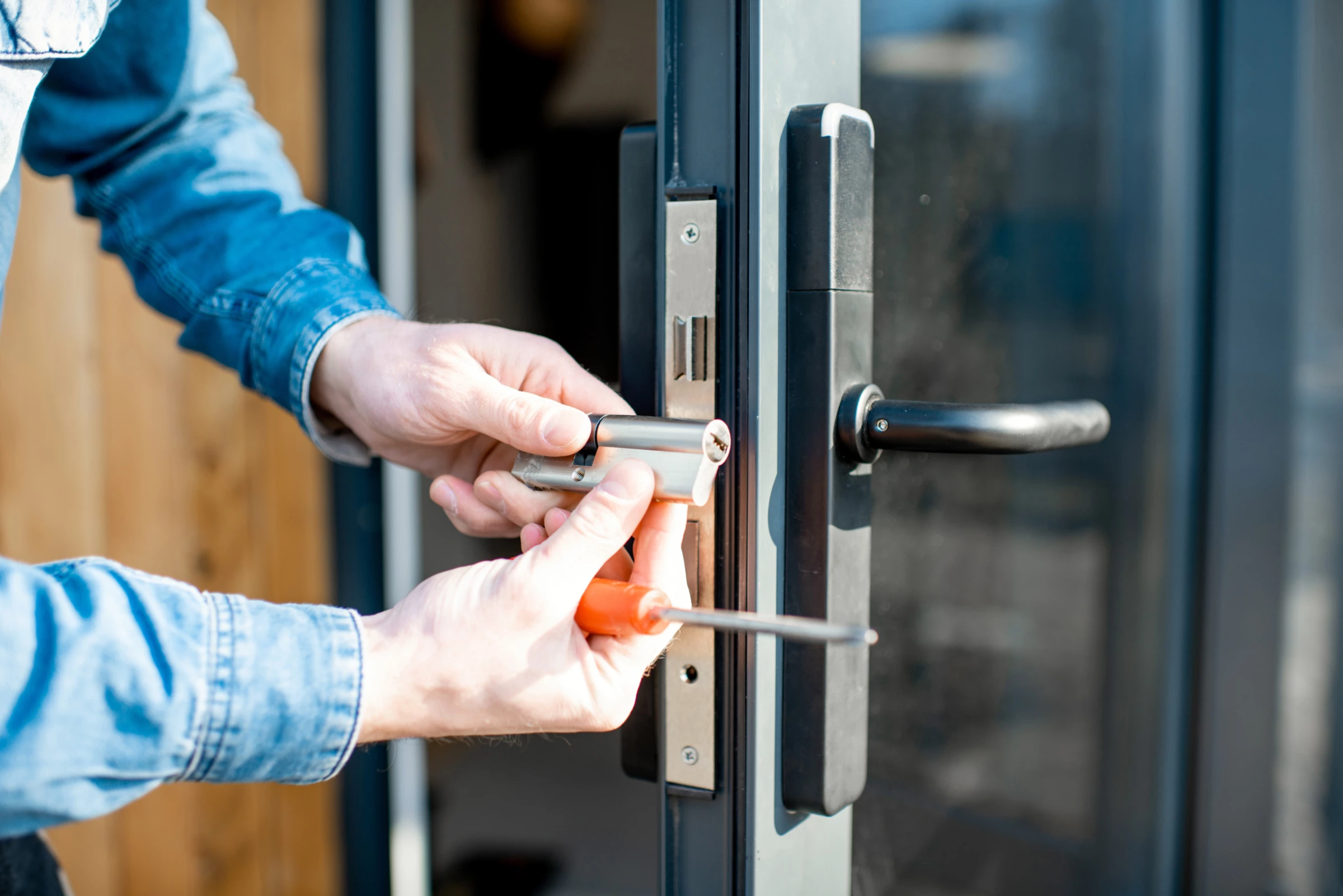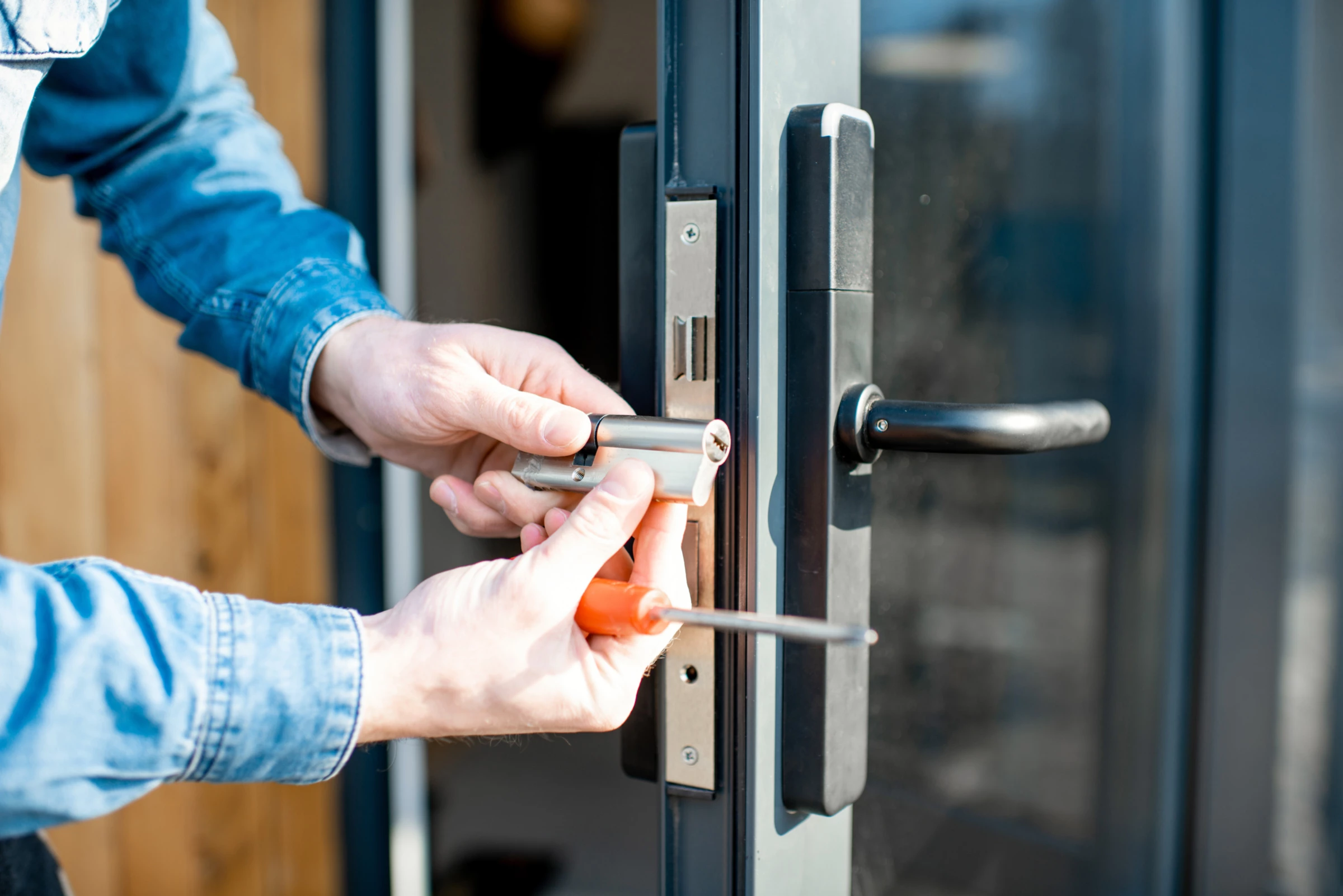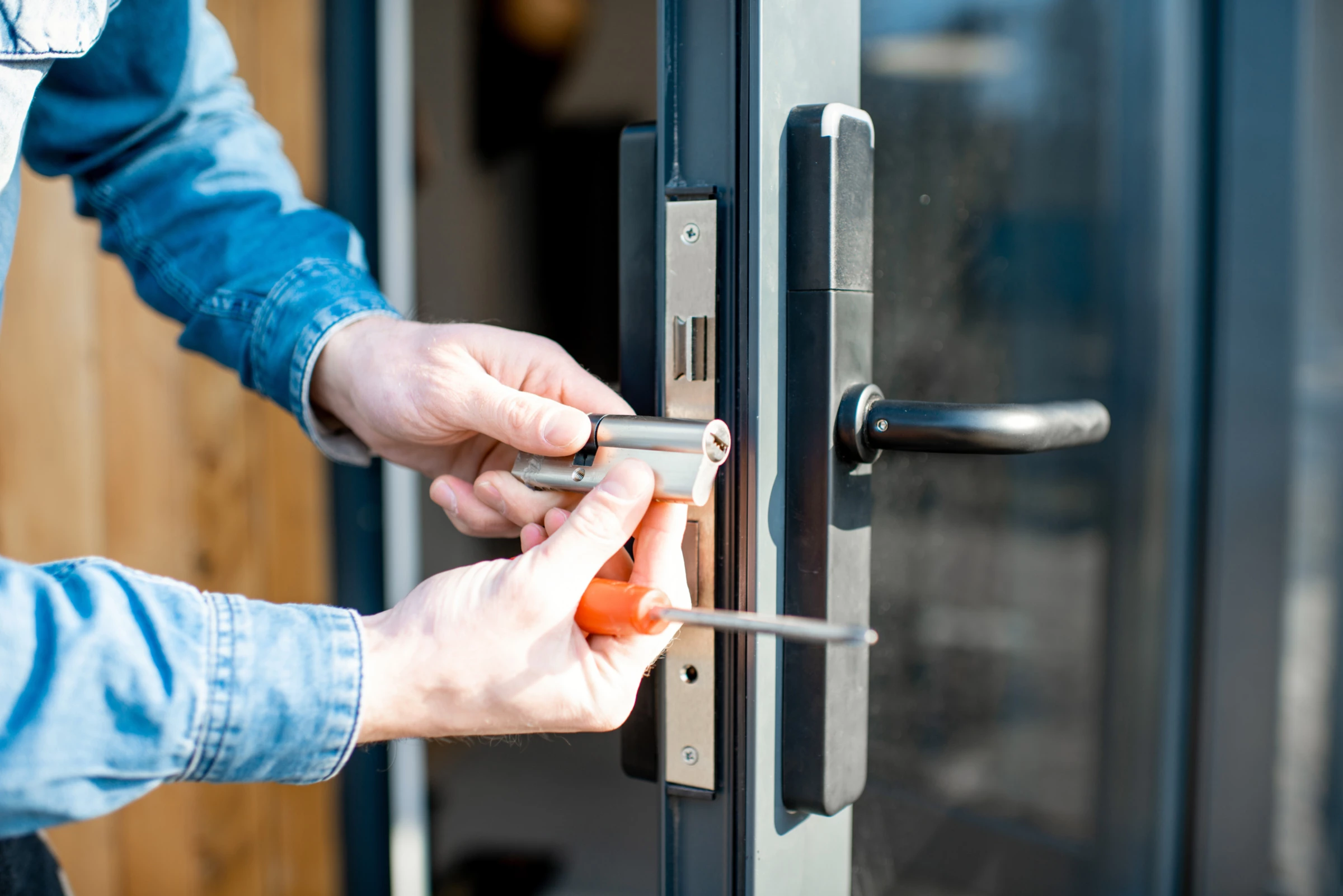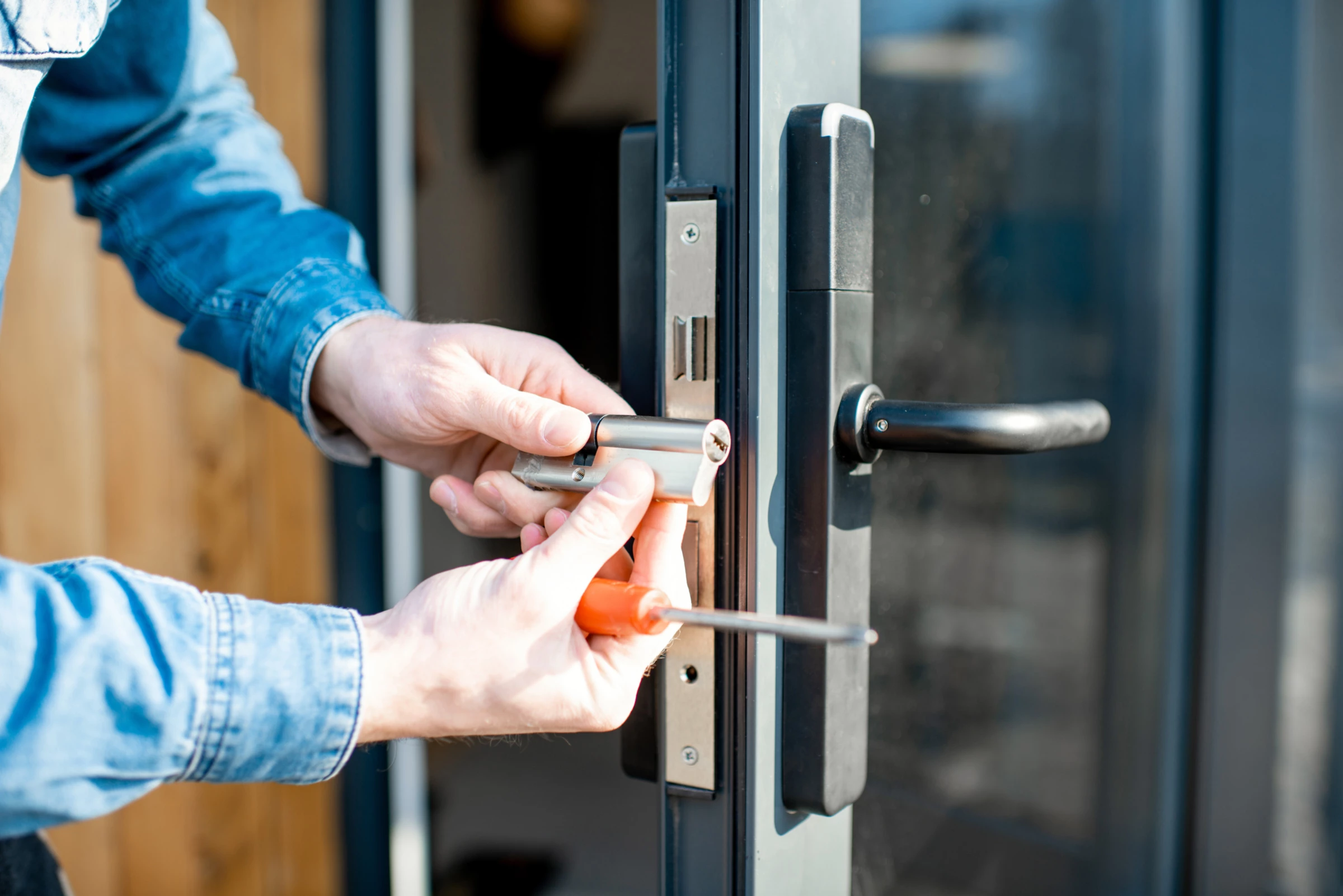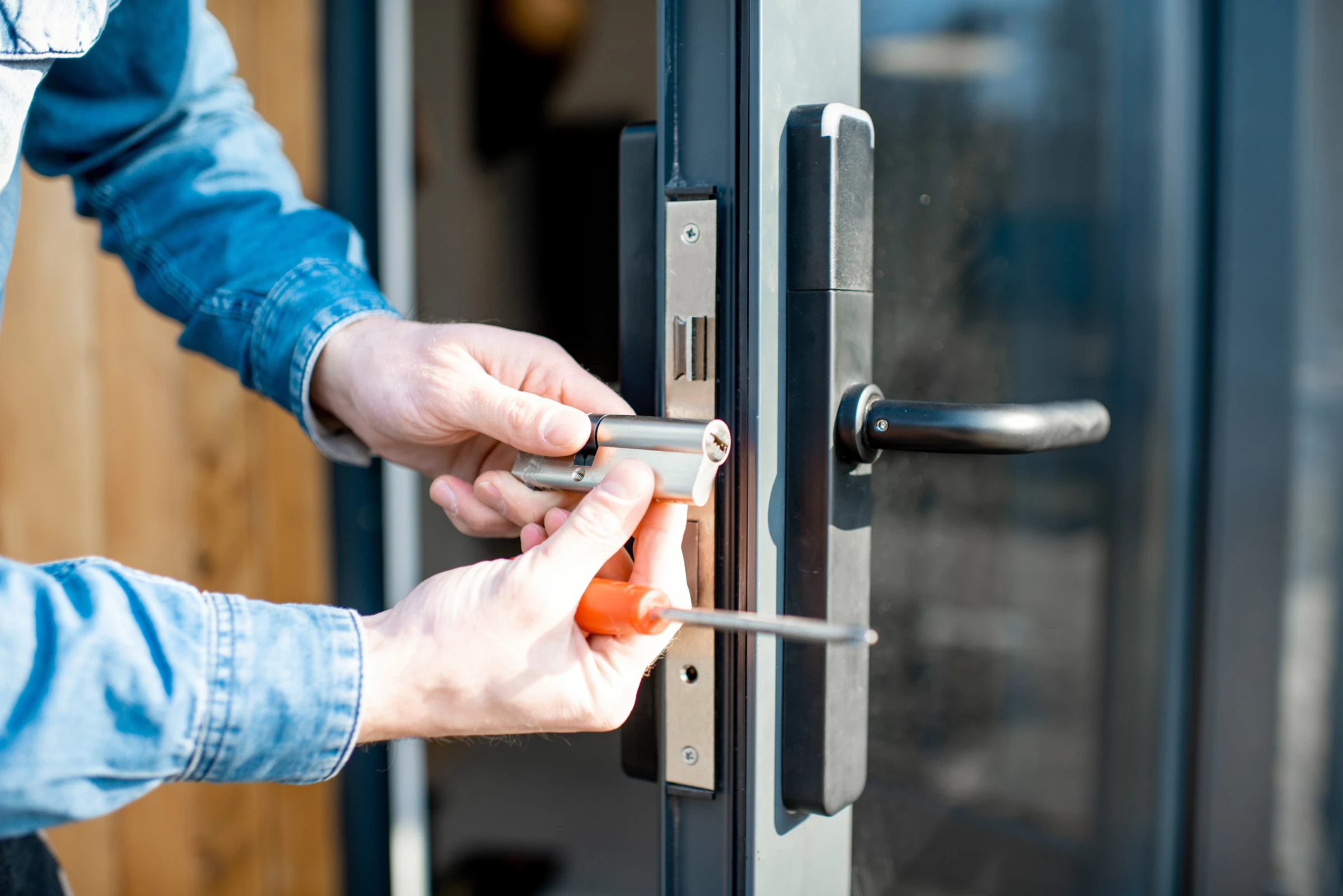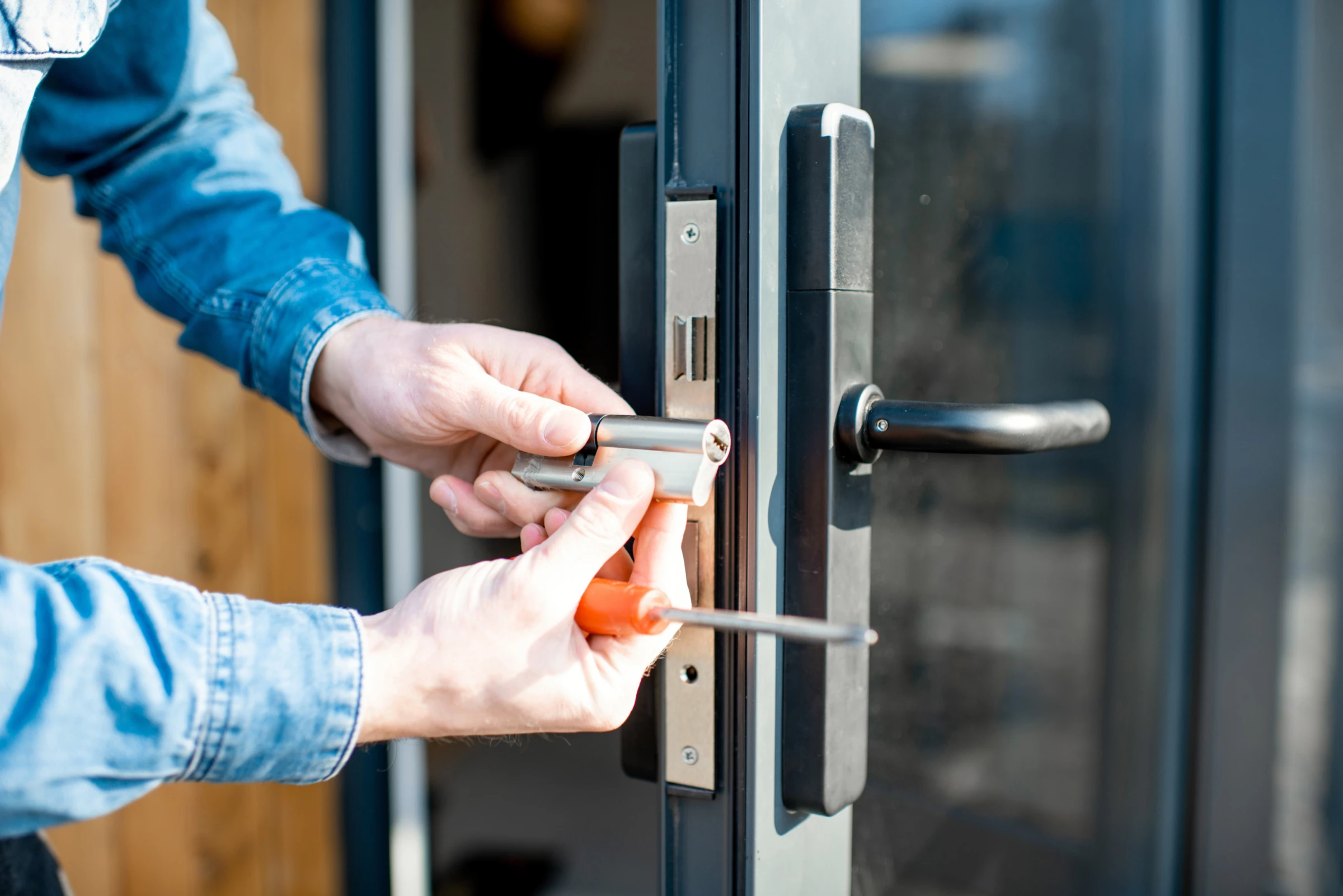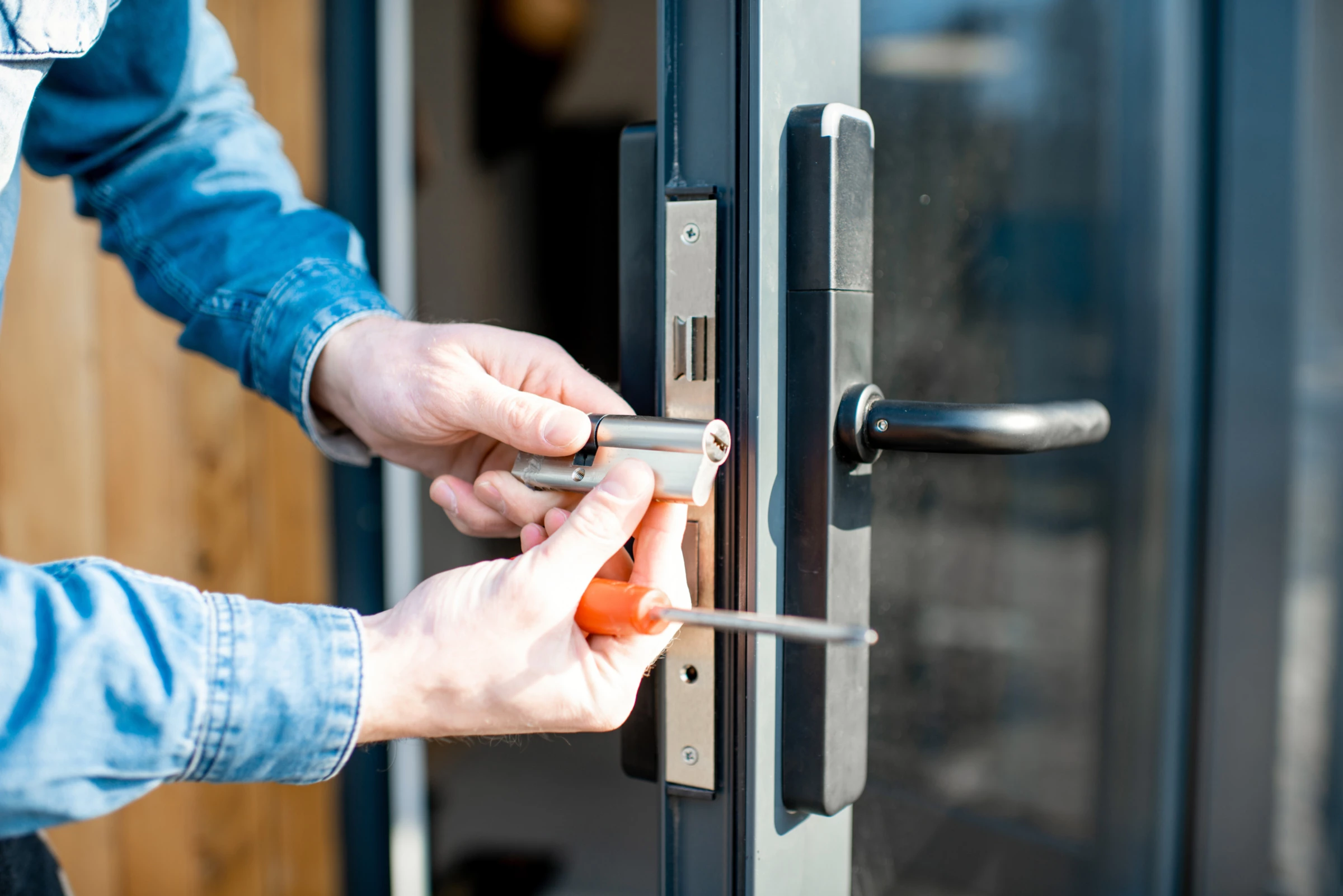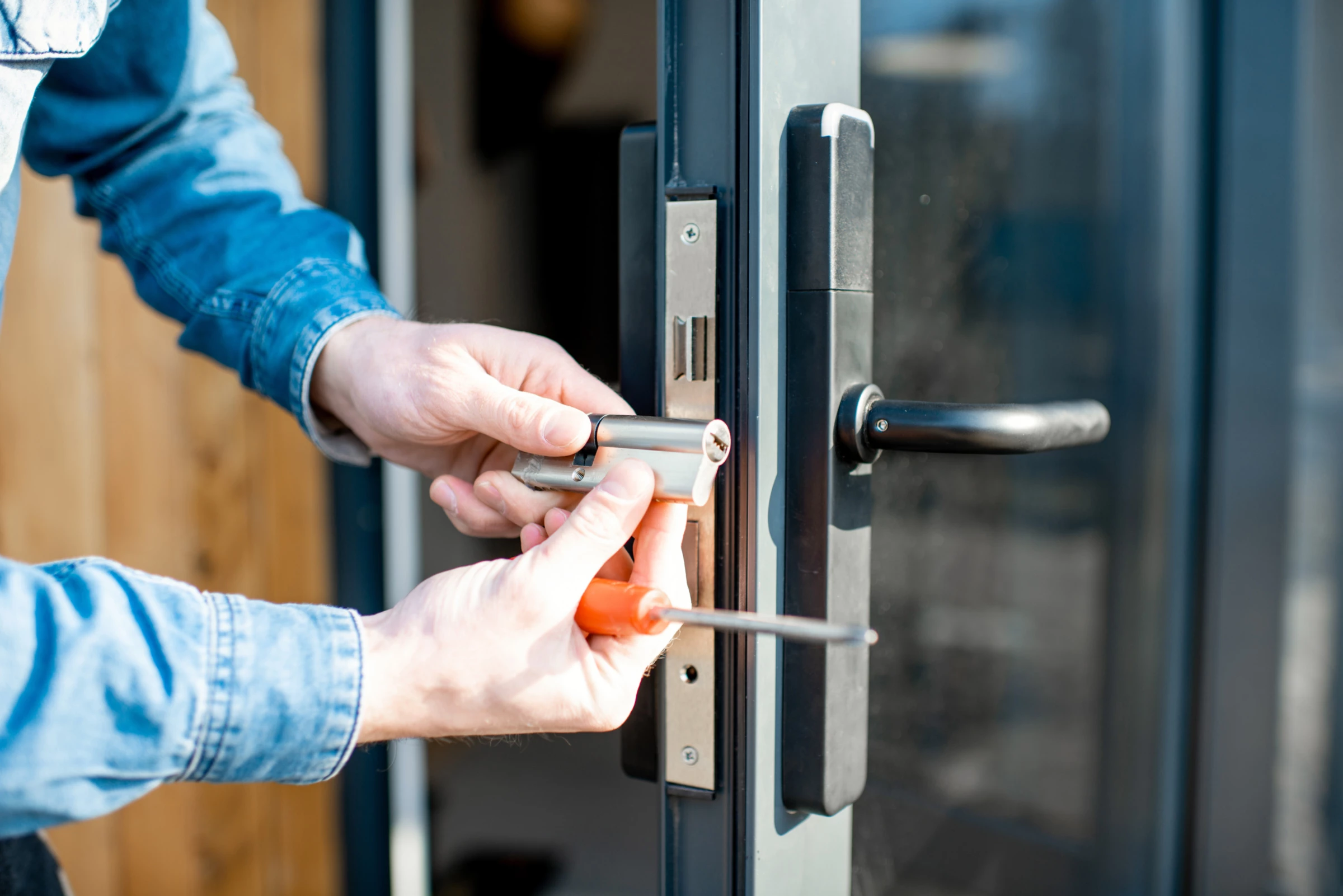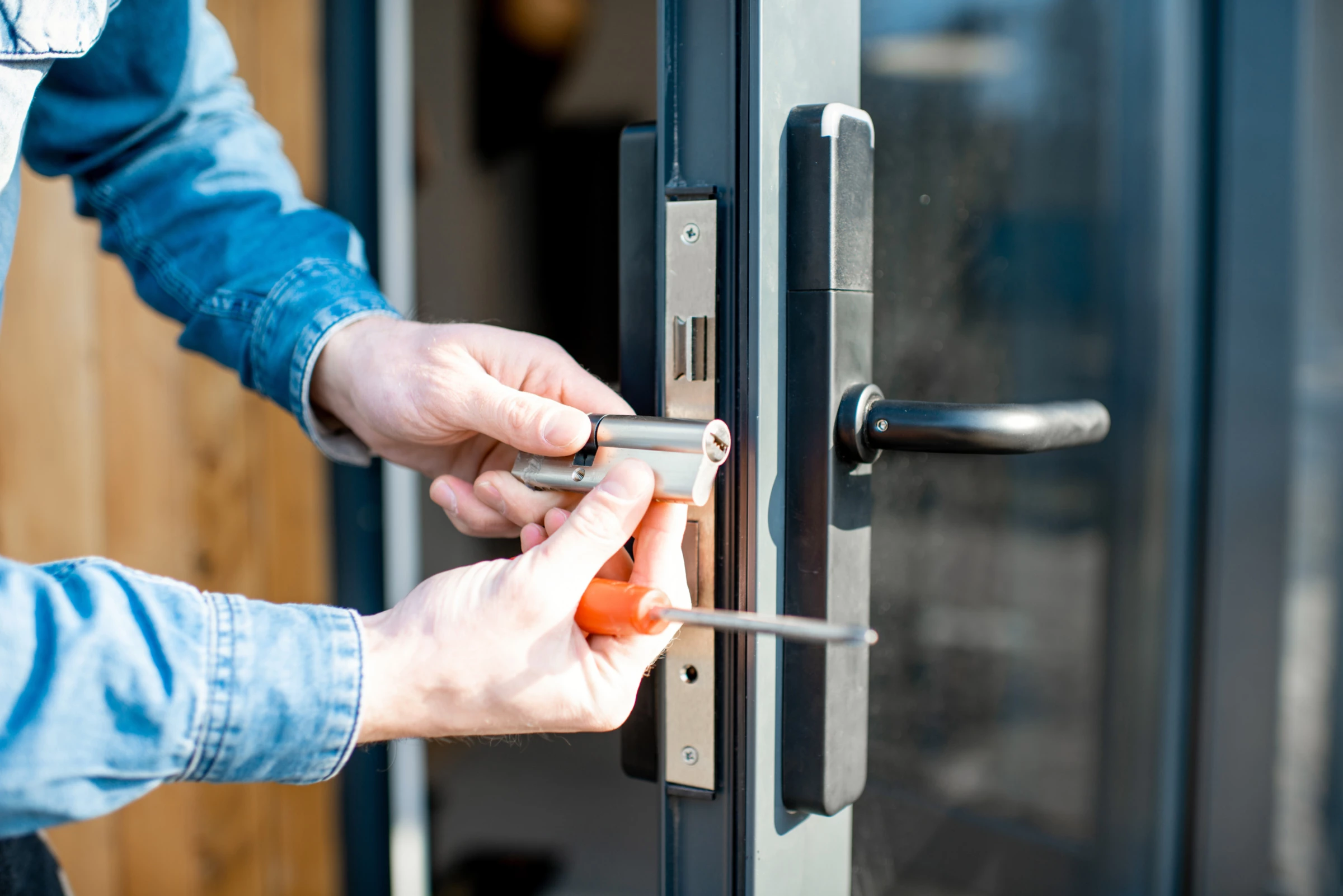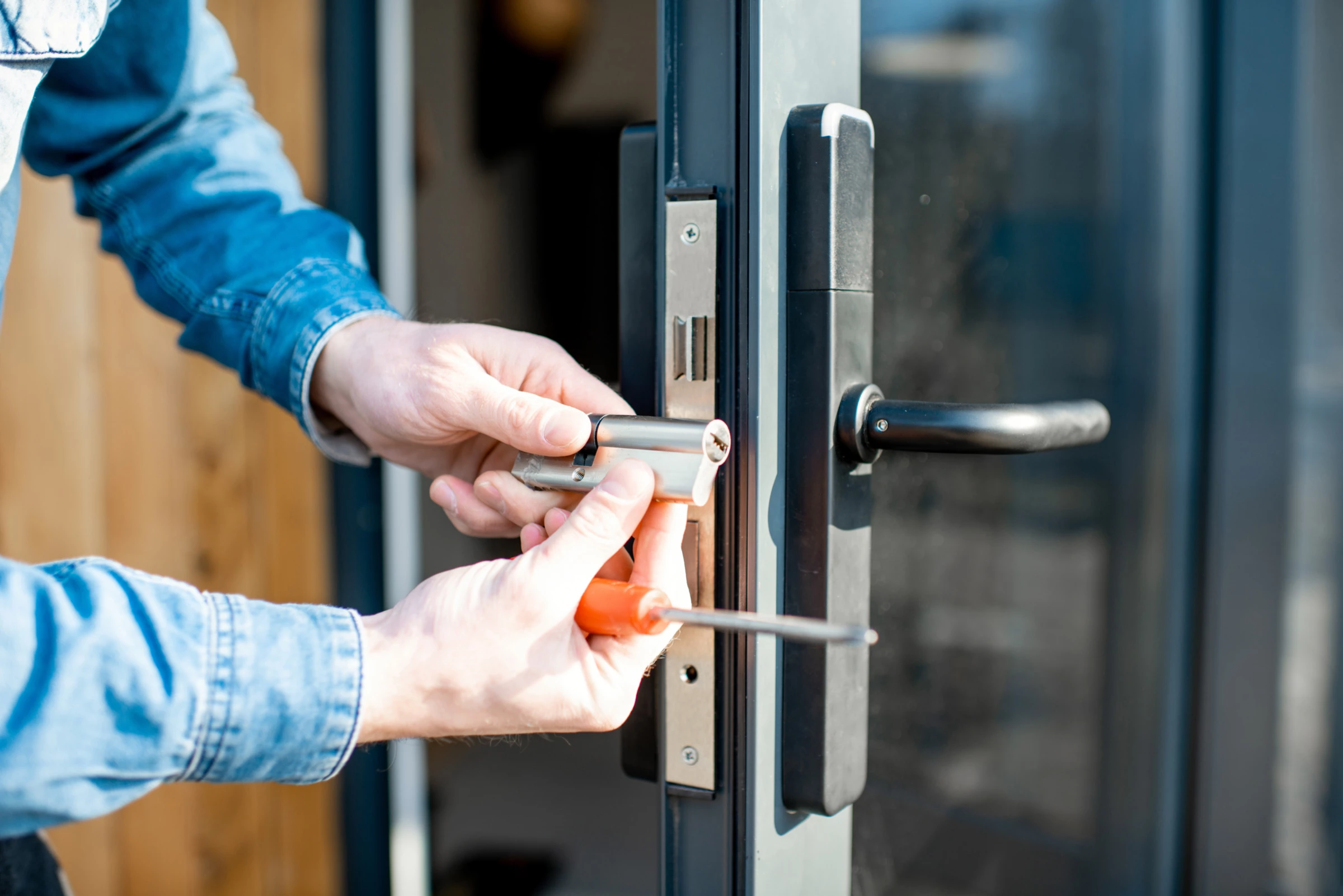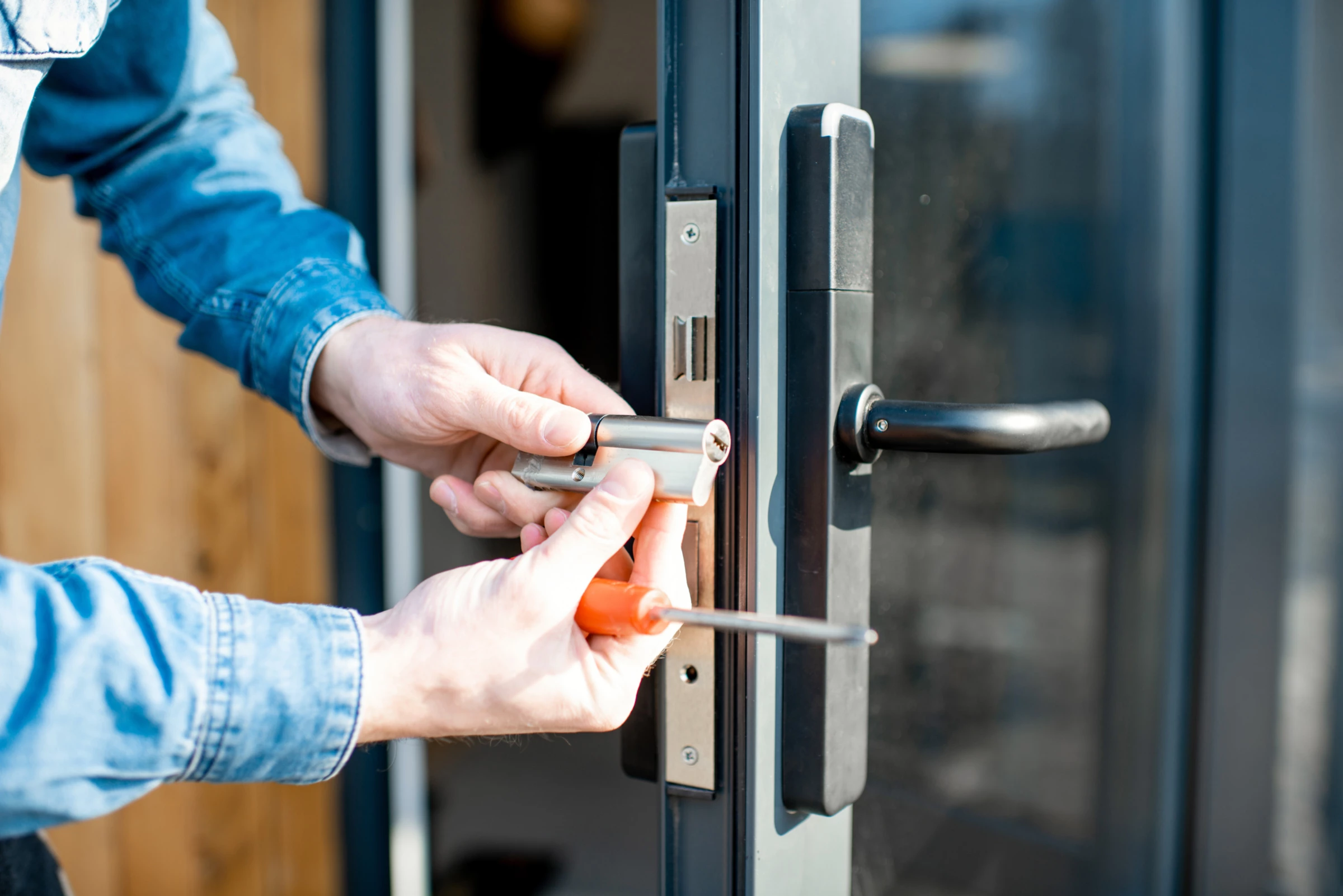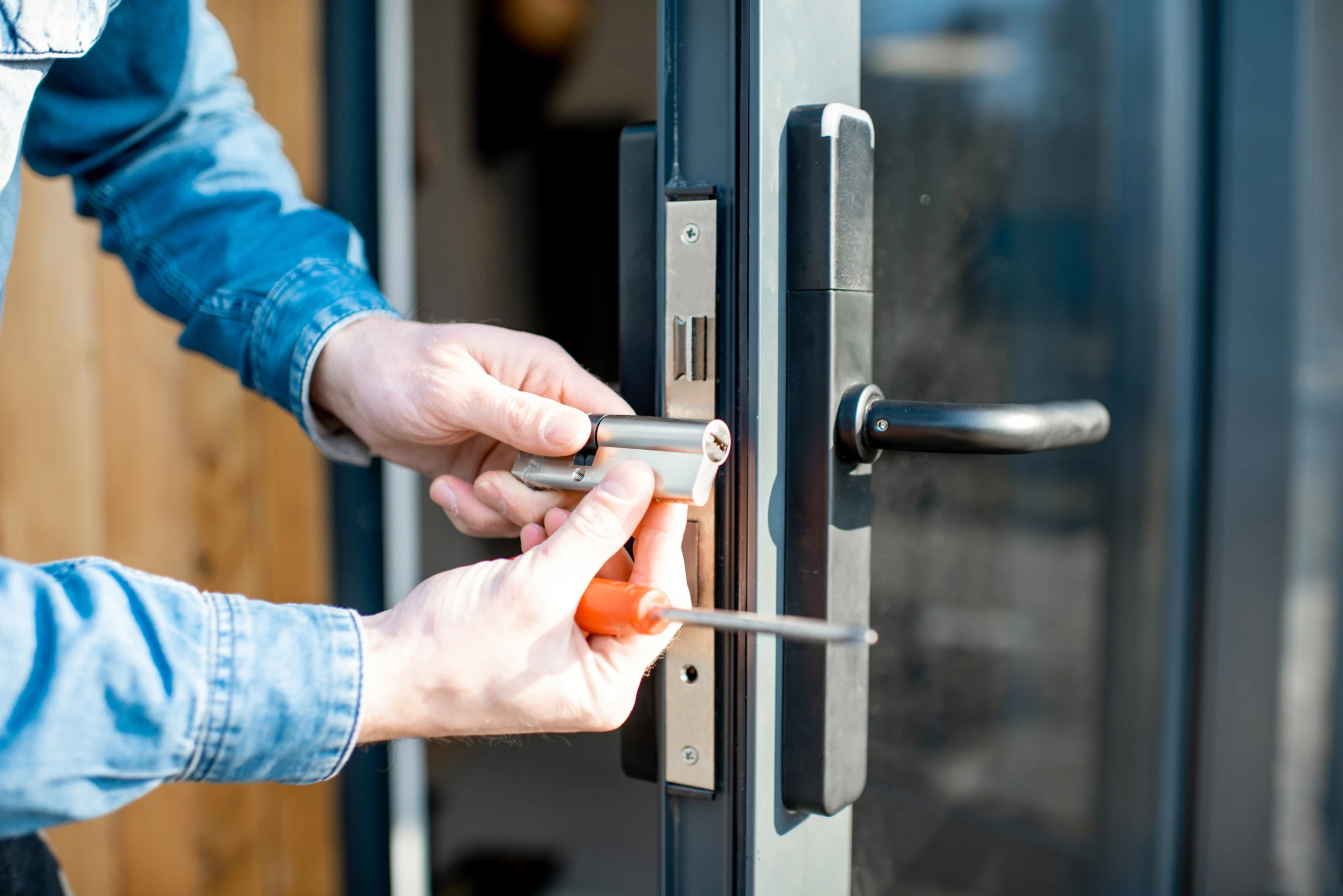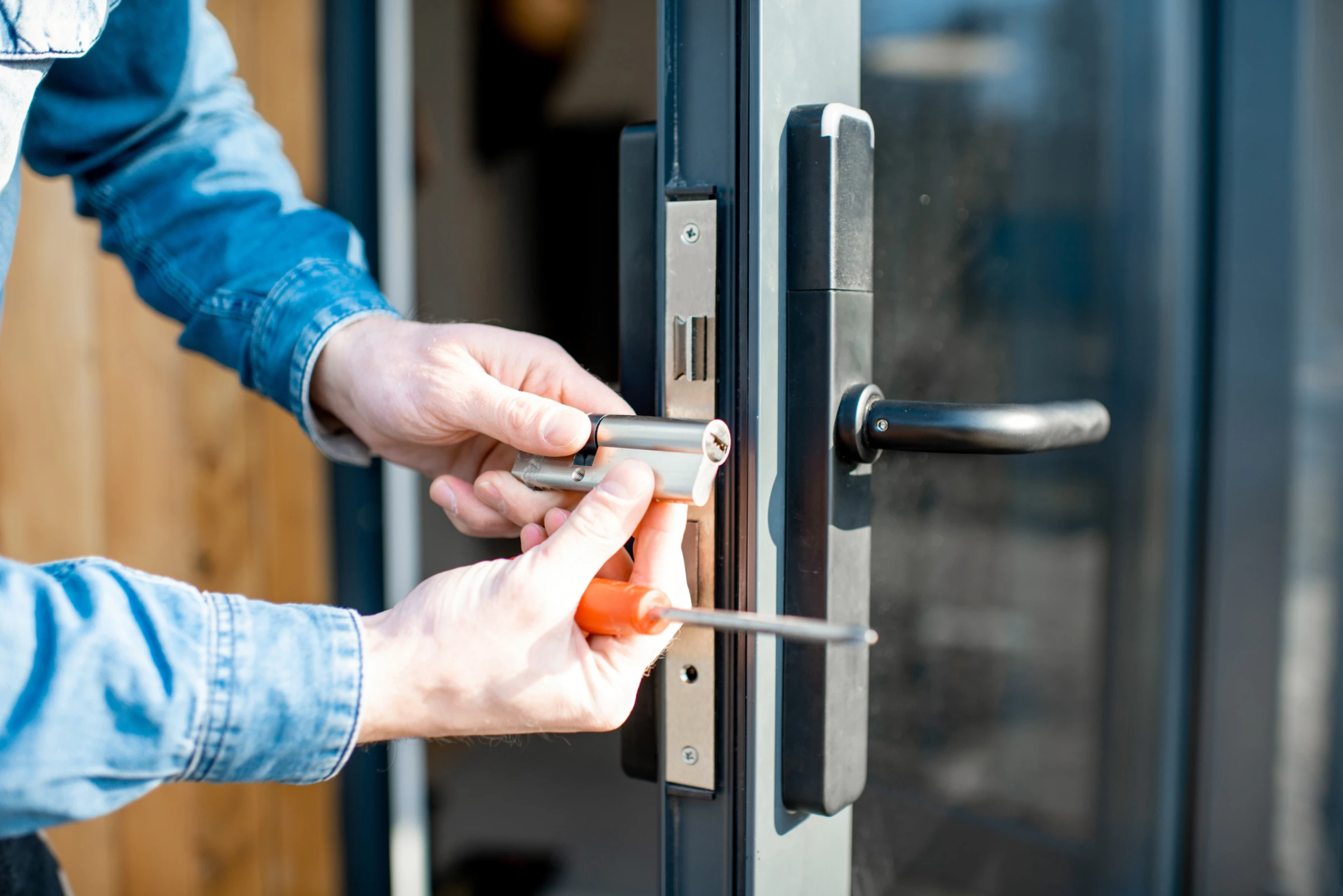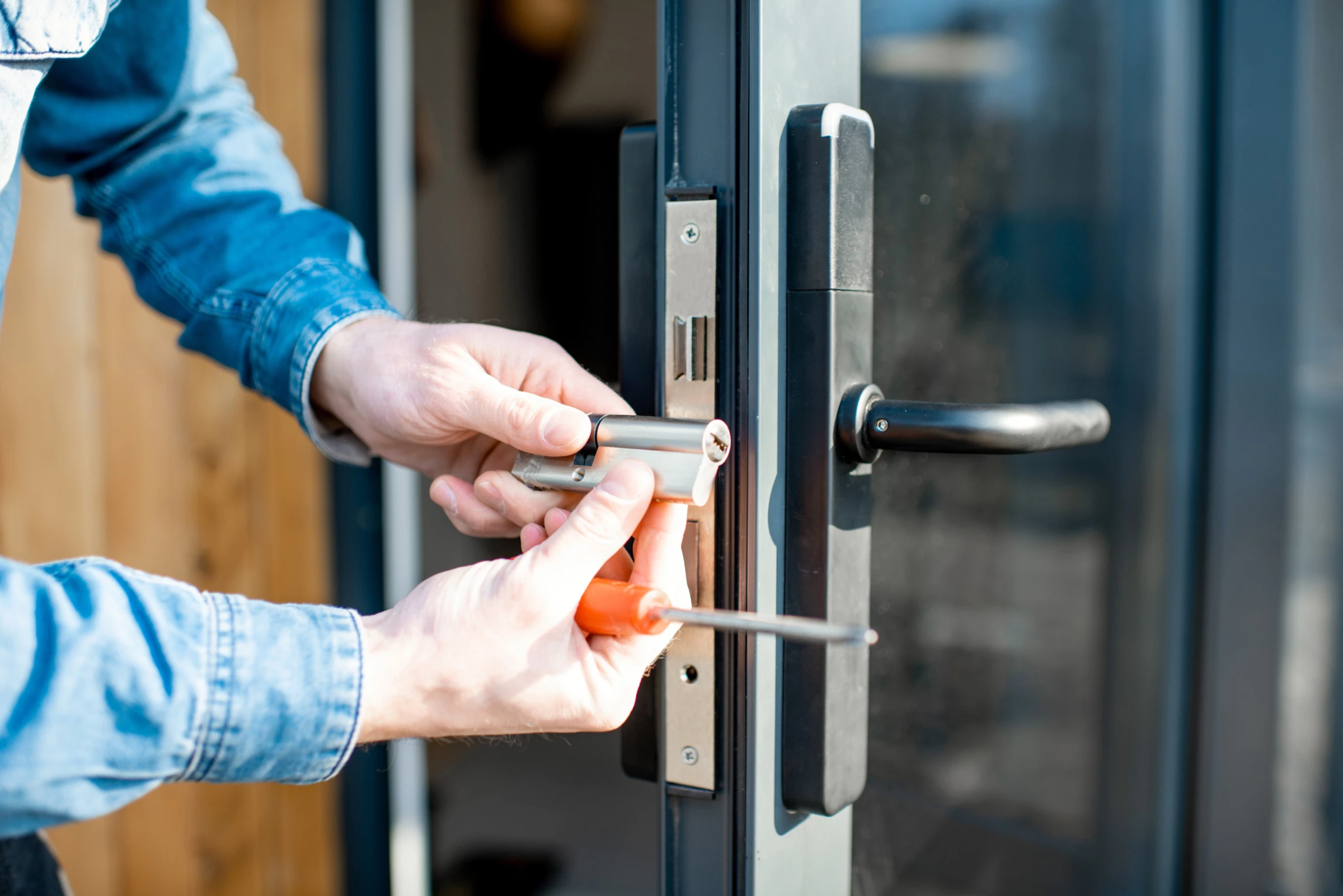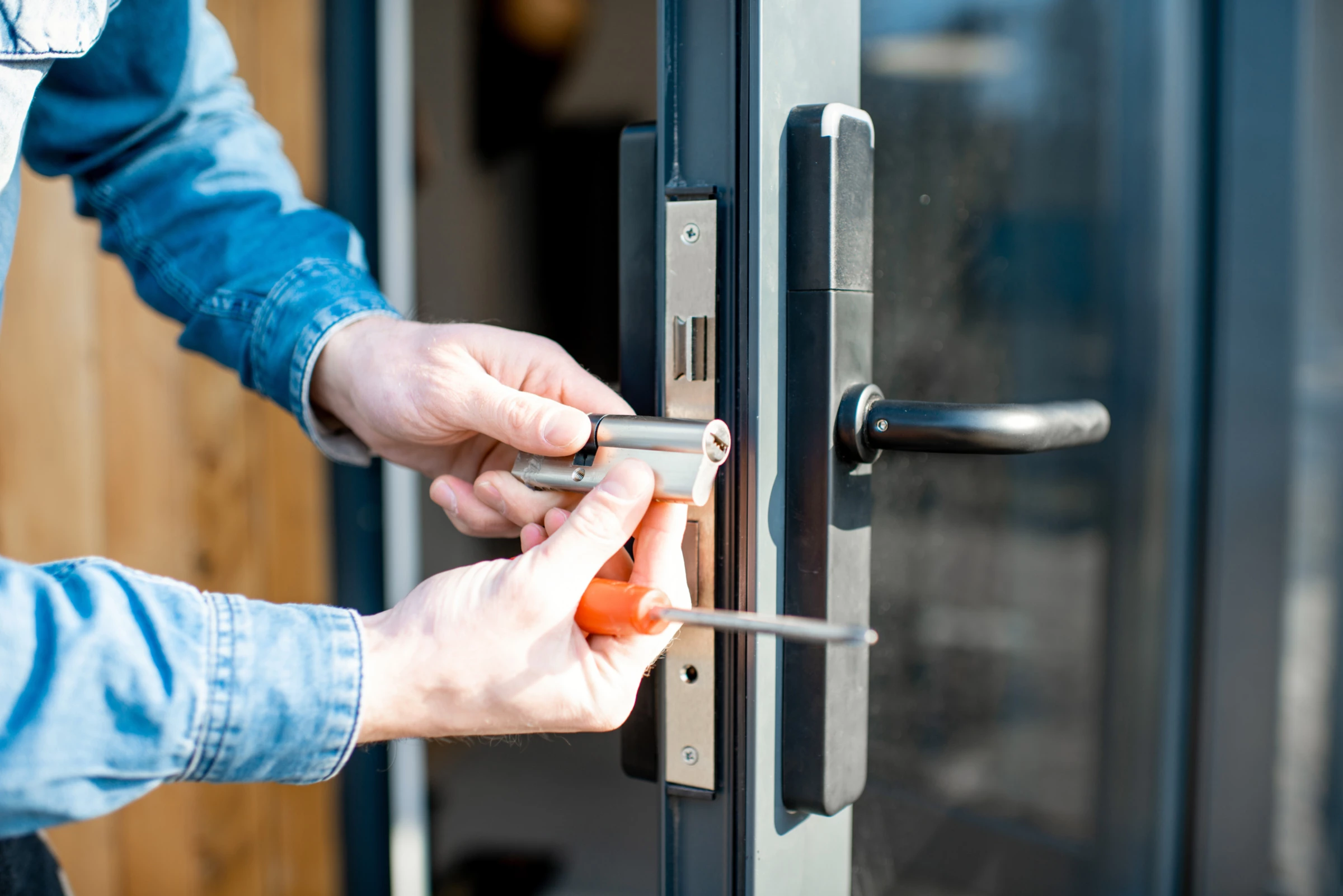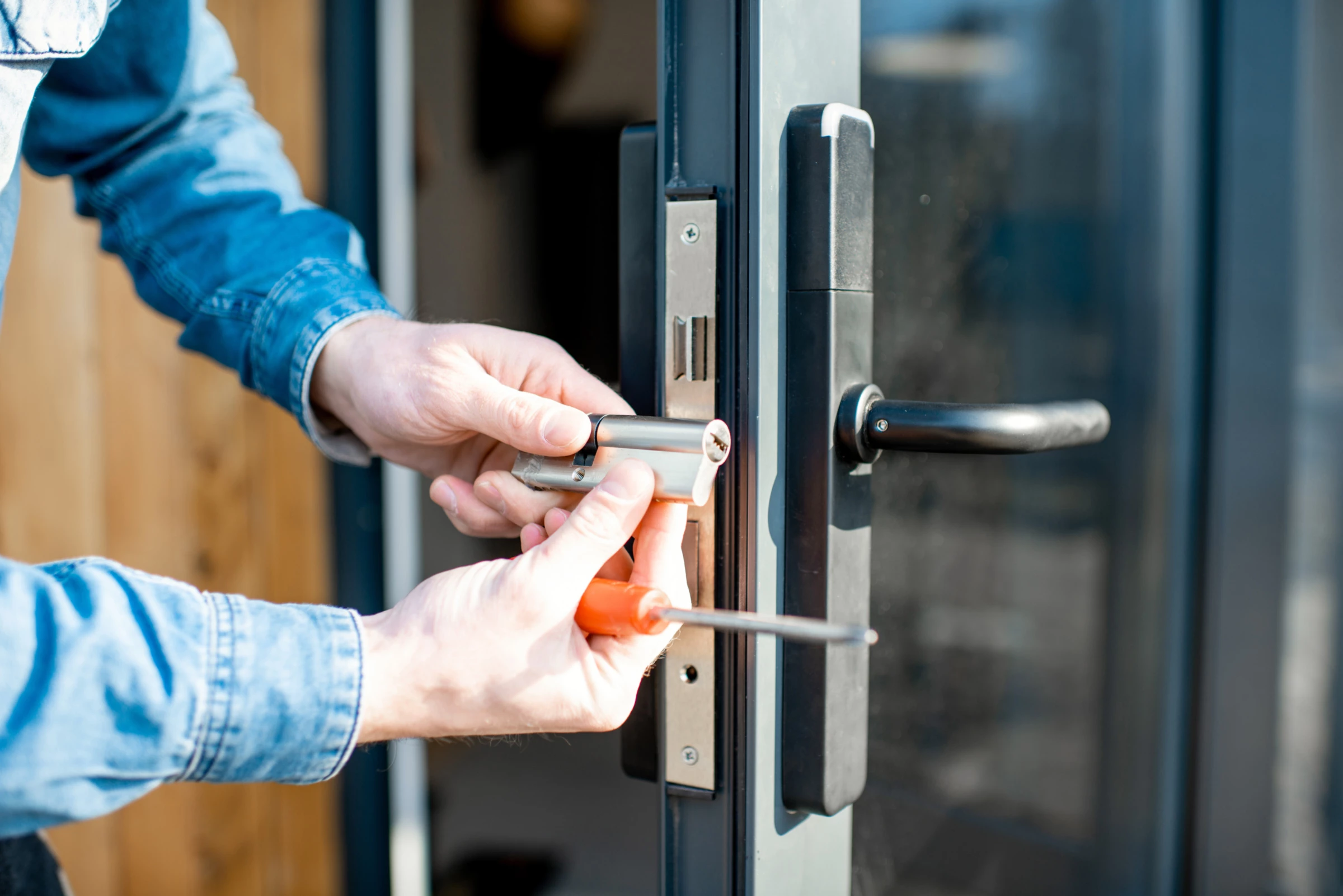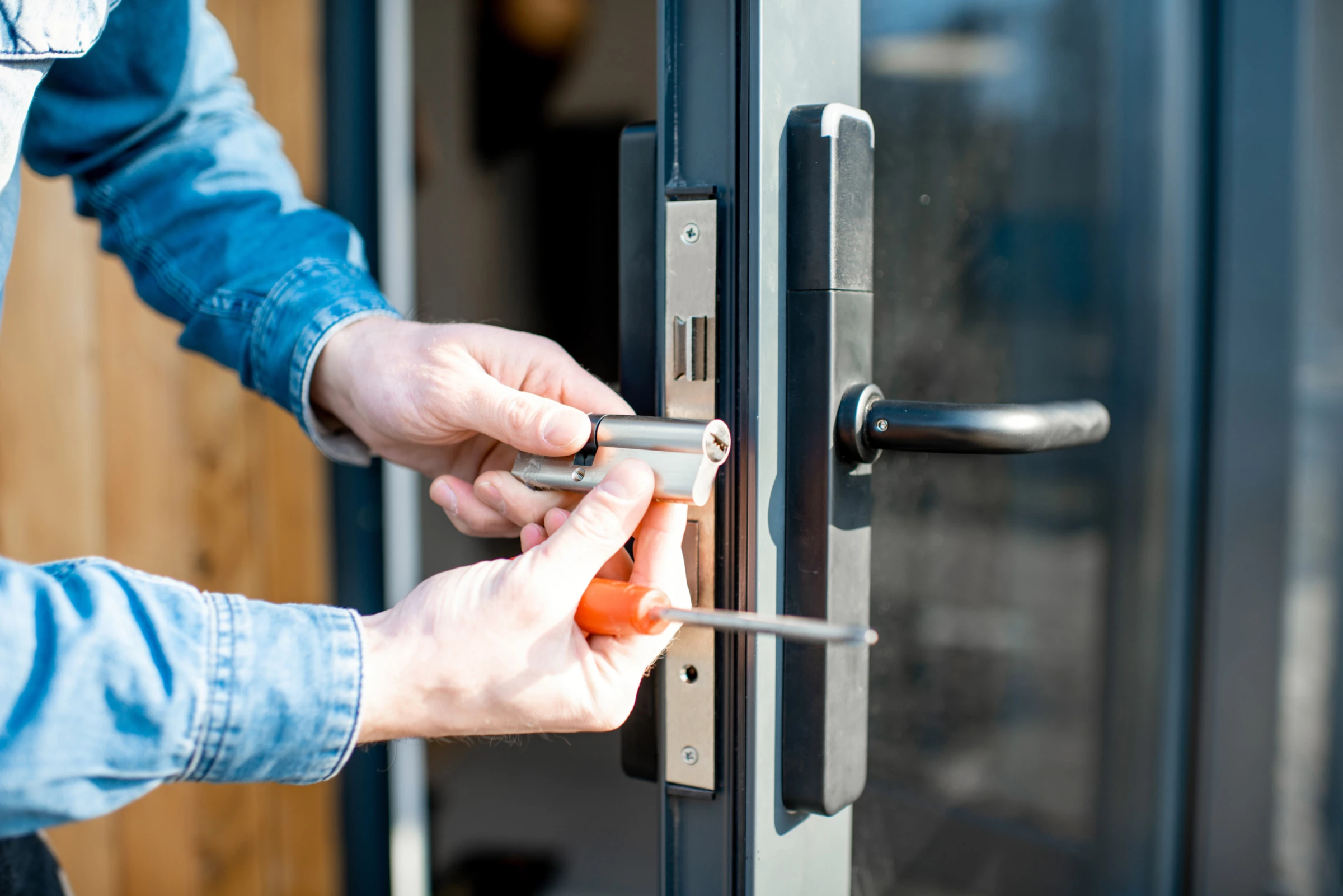When locksmith professionals take on institutional contracts - from government buildings and hospitals to schools and corre…
Complete Locksmith Insurance Guide: Essential Coverage for Security Professionals
Introduction
The locksmith industry plays a crucial role in maintaining security and safety for homes, businesses, and vehicles across the UK. As a locksmith, you face unique risks daily – from potential property damage during lock installations to liability claims from emergency callouts. Understanding and securing the right insurance coverage isn't just advisable; it's essential for protecting your business, your livelihood, and your professional reputation.
This comprehensive guide explores everything you need to know about locksmith insurance, helping you navigate the complex world of commercial coverage to find protection that truly fits your business needs.
Understanding the Locksmith Industry Landscape
The locksmith profession encompasses a diverse range of services, from traditional key cutting and lock repairs to advanced security system installations and emergency lockout services. Modern locksmiths often specialize in residential services, commercial security, automotive locksmithing, or safe and vault services.
Each specialization brings its own set of risks and insurance considerations. A residential locksmith faces different liability exposures than a commercial security specialist installing high-tech access control systems. Understanding these nuances is crucial when selecting appropriate insurance coverage.
Why Locksmith Insurance is Essential
Professional locksmiths face numerous risks that standard personal insurance policies simply don't cover. Property damage can occur during drilling or lock installation, tools and equipment represent significant investments that need protection, and professional liability claims can arise from security system failures or inadequate installations.
Without proper insurance, a single incident could result in substantial financial losses, legal fees, and potential business closure. Insurance provides the financial safety net that allows you to operate with confidence, knowing you're protected against unforeseen circumstances.
Core Insurance Coverage Types for Locksmiths
Public Liability Insurance
Public liability insurance forms the foundation of locksmith coverage, protecting against claims for injury or property damage caused to third parties during your work. This coverage is particularly important given the nature of locksmith work, which often involves drilling, cutting, and manipulating security devices that could potentially cause damage.
Coverage typically includes legal defense costs, compensation payments, and medical expenses. Most policies provide coverage from £1 million to £6 million, with many clients and contracts requiring minimum coverage levels.
Professional Indemnity Insurance
Professional indemnity insurance protects against claims arising from professional advice, errors, or omissions in your work. For locksmiths, this could include situations where a security system fails due to improper installation, inadequate security advice leads to a break-in, or faulty workmanship results in security vulnerabilities.
This coverage is increasingly important as locksmith services become more sophisticated and clients rely heavily on professional expertise for their security needs.
Employers' Liability Insurance
If you employ staff, employers' liability insurance is legally required in the UK. This coverage protects against claims from employees who suffer injury or illness as a result of their work. Given the physical nature of locksmith work and potential exposure to tools, chemicals, and various work environments, this protection is crucial.
Tools and Equipment Insurance
Locksmith tools represent a significant investment and are essential for daily operations. Tools and equipment insurance covers theft, damage, or loss of your professional equipment, whether stored at your premises, in your vehicle, or at client locations.
Coverage can include specialized locksmith tools, key cutting machines, diagnostic equipment, and even stock such as locks, keys, and security devices.
Commercial Vehicle Insurance
Most locksmiths rely on vehicles to reach clients and transport tools and equipment. Standard personal vehicle insurance doesn't cover business use, making commercial vehicle insurance essential. This coverage should include protection for your vehicle, tools stored within it, and liability coverage for business-related driving.
Business Interruption Insurance
Business interruption insurance provides financial support if your business operations are disrupted due to covered events such as fire, theft, or other insured perils. For locksmiths, this could cover lost income during periods when you cannot work due to equipment damage or premises issues.
Specialized Coverage Considerations
Key Holding and Alarm Response
Many locksmiths offer key holding services or alarm response, which introduces additional liability exposures. Specialized coverage may be needed for these services, including protection against claims arising from delayed response, false alarms, or security breaches.
Safe and Vault Work
Locksmiths specializing in safes and vaults face unique risks, including potential damage to valuable contents, structural damage from heavy equipment, and liability for security vulnerabilities. Specialized coverage may be required for these higher-risk activities.
Electronic Security Systems
Installation and maintenance of electronic security systems, access control, and CCTV requires specialized knowledge and carries additional professional liability risks. Coverage should address potential system failures, cyber security issues, and ongoing maintenance responsibilities.
Factors Affecting Insurance Costs
Several factors influence locksmith insurance premiums, including business size and turnover, types of services offered, claims history, and coverage limits selected. Geographic location can also impact costs, with urban areas typically commanding higher premiums due to increased risk exposure.
Experience and qualifications play a significant role, with established locksmiths often securing better rates than newcomers to the industry. Professional certifications and memberships in trade organizations can also positively impact premium calculations.
Choosing the Right Insurance Provider
Selecting an insurance provider requires careful consideration of several factors. Look for insurers with specific experience in the locksmith industry who understand the unique risks and coverage needs. Policy flexibility is important, as your business may evolve and require coverage adjustments.
Claims handling reputation is crucial – research how potential insurers handle claims and their typical response times. Consider the level of support provided, including risk management advice and loss prevention resources.
Common Exclusions and Limitations
Understanding policy exclusions is essential for avoiding coverage gaps. Common exclusions in locksmith policies may include intentional acts, criminal activities, work performed outside your area of expertise, and damage to property you're working on.
Some policies exclude coverage for certain high-risk activities or require additional premiums for specialized services. Always review exclusions carefully and discuss any concerns with your insurance provider.
Risk Management Best Practices
Implementing strong risk management practices can help reduce insurance costs and minimize claim likelihood. This includes maintaining proper training and certifications, using appropriate tools and safety equipment, and following industry best practices for all services.
Documentation is crucial – maintain detailed records of all work performed, including photographs and client communications. Proper contracts and terms of service can also help limit liability exposure.
Claims Process and Management
Understanding the claims process helps ensure smooth resolution when incidents occur. Report claims promptly to your insurer, providing all relevant documentation and cooperating fully with investigations.
Maintain detailed incident records and preserve any physical evidence. Work closely with your insurer's claims team and follow their guidance throughout the process.
Industry-Specific Considerations
Residential Locksmith Services
Residential locksmiths face risks including property damage during lock installation, liability for security vulnerabilities, and potential disputes over service quality. Coverage should address these specific exposures while providing adequate limits for typical residential claim values.
Commercial Locksmith Services
Commercial work often involves higher values and more complex security systems. Coverage limits should reflect the increased exposure, and professional indemnity coverage becomes particularly important given the sophisticated nature of commercial security requirements.
Automotive Locksmith Services
Automotive locksmiths face unique risks including damage to expensive vehicles, liability for security system malfunctions, and potential theft claims. Specialized coverage may be needed to address these automotive-specific exposures.
Emergency Callout Services
24-hour emergency services introduce additional risks including work performed under pressure, potentially dangerous conditions, and higher liability exposures. Ensure your coverage adequately addresses these increased risks.
Regulatory and Compliance Considerations
The locksmith industry is subject to various regulations and licensing requirements. Your insurance should comply with all relevant legal requirements and provide coverage for regulatory defense costs if needed.
Stay informed about changing regulations and ensure your coverage evolves to meet new requirements. Professional associations often provide guidance on regulatory compliance and insurance requirements.
Cost Management Strategies
Managing insurance costs while maintaining adequate coverage requires a strategic approach. Consider higher deductibles to reduce premiums, but ensure deductible levels remain manageable for your business.
Regular policy reviews help identify potential savings and ensure coverage remains appropriate as your business evolves. Bundle multiple coverage types with a single insurer to potentially secure discounts.
Future Trends and Considerations
The locksmith industry continues to evolve with advancing technology and changing security needs. Cyber liability coverage is becoming increasingly important as locksmiths work with electronic systems and store client data.
Climate change and extreme weather events may impact business interruption risks, making this coverage increasingly valuable. Stay informed about industry trends and ensure your coverage evolves accordingly.
Conclusion
Comprehensive insurance coverage is essential for locksmith businesses operating in today's complex risk environment. The right insurance program provides financial protection, peace of mind, and the foundation for business growth and success.
Take time to carefully assess your risks, understand your coverage options, and work with experienced insurance professionals who understand the locksmith industry. Regular policy reviews ensure your coverage remains appropriate as your business evolves and grows.
Remember that insurance is an investment in your business's future – the cost of comprehensive coverage is minimal compared to the potential financial impact of an uninsured loss. Protect your business, your clients, and your professional reputation with appropriate locksmith insurance coverage.
Getting Started
Ready to secure comprehensive locksmith insurance coverage? Contact Insure24 at 0330 127 2333 to discuss your specific needs and receive a tailored quote. Our experienced team understands the unique risks facing locksmith professionals and can help you build a comprehensive insurance program that provides the protection your business needs.
Don't leave your business exposed to unnecessary risks – take action today to secure the insurance coverage that will protect your locksmith business for years to come.


 0330 127 2333
0330 127 2333
